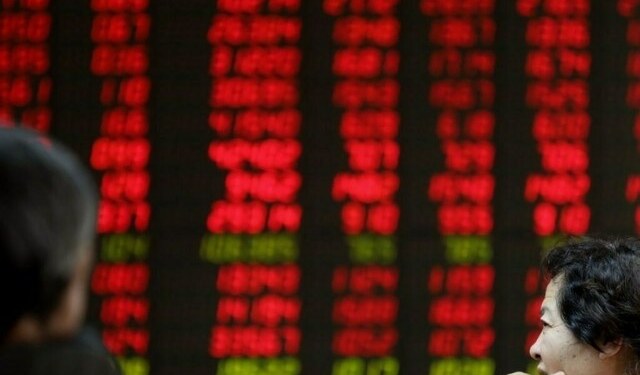Weeks of floods in the world’s largest natural rubber producer Thailand are expected to boost the price of a commodity that is vital to tire production.
“I would go very long on rubber. Rubber is bouncing back very dramatically because of the supply disruption caused by severe rains in Thailand,” said Nirgunan Tiruchelvam, a director at Religare Capital Markets.
Thailand produces some 40 percent of the world’s total natural rubber supply and heavy rain in the major growing region of South Thailand are hindering harvesting activity, sending prices of the agricultural crop soaring.
The international benchmark rubber futures price on the Tokyo Commodity Exchange hit the four-year high of 311 Japanese yen ($1) a kilogram on Thursday morning in Asia, about 20 percent higher year-to-date.
Most natural rubber produced goes into tire production as the chemical industry has not yet been able to completely replicate natural rubber properties in synthetic variants.
Religare Capital Markets expects natural rubber prices to gain an average of 10 percent over the next three years due to strong demand from China , the world’s largest automobile market, where car penetration still lags that in the U.S., Tiruchelvam told CNBC’s Street Signs .
Other than heavy rain, the supply of natural rubber has also been impacted as major producers Thailand, Indonesia and Malaysia have implemented a moratorium on new rubber plantings after prices plunged to 11-year lows last year amid a broad-based slump in the commodities complex.
Tiruchelvam recommends buying both the commodity and related companies due to strong fundamentals.

























